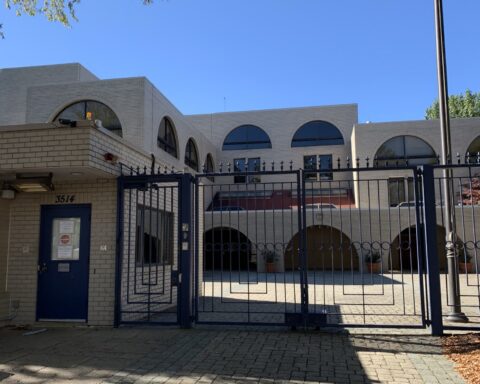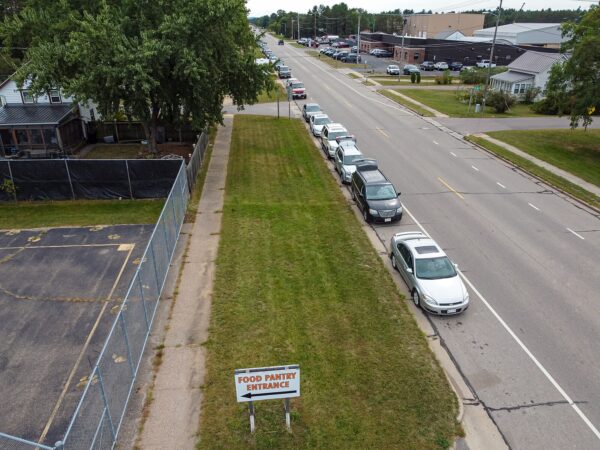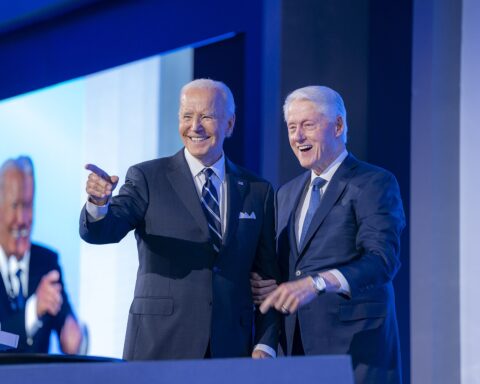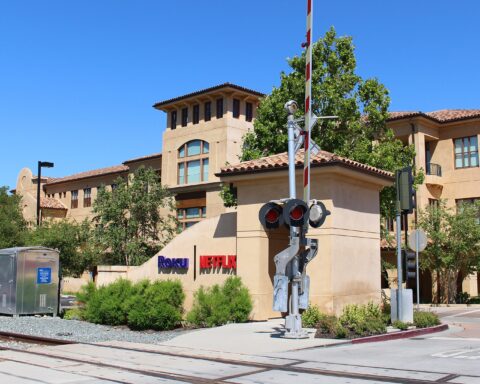A California startup armed with $60 million in new funding is now reportedly betting that the solution to climate change may lie not on Earth, but in the atmosphere — by dimming the Sun itself.
Stardust Solutions, a private geoengineering company founded to pursue what it calls “solar radiation management,” plans to spray aerosol particles high above the planet to redirect sunlight away from the Earth’s surface. The effort represents the largest financial backing ever secured for such a venture, with money flowing from Silicon Valley investors and a prominent industrial family in Italy.
The company’s chief executive, Yanai Yedvab, formerly a physicist for the Israeli government, said the technology aims to reduce dangers linked to a warming planet by reflecting solar rays. But he acknowledged that even with successful deployment, the world would continue to face climate-related hazards. “There will still be extreme weather events,” he said in a recent interview.
Geoengineering — particularly when pursued by private firms — remains among the most controversial ideas in environmental science. Historically, experiments exploring the manipulation of atmospheric conditions have been championed by universities or nonprofit organizations operating under strict public oversight. Stardust Solutions, by contrast, is a commercial enterprise working to patent what it describes as a new kind of particle that could be mass produced and applied safely.
Yedvab said the startup aims to design a material that is cost-effective and, in his words, “as safe as, say, flour.” The company intends to begin “controlled outdoor experiments” as early as April, using a modified aircraft to release the particles from an altitude of approximately eleven miles.
Not everyone is reassured.
Scientists have repeatedly warned that altering the Earth’s atmosphere could have unintended consequences — particularly if decisions are driven by corporate interests. Some question whether Stardust Solutions is capable of delivering a breakthrough at all. David Keith, a University of Chicago professor and a leading figure in geoengineering research, expressed doubt that the startup could produce particles superior to sulfates, the most commonly studied substance in this field.
And concerns over governance loom especially large. Critics say the idea of a private company manipulating global climate systems raises questions about transparency and democratic oversight. Climate economist Gernot Wagner suggested investors may be overly optimistic. “They have convinced Silicon Valley [venture capitalists] to give them a lot of money, and I would say that they shouldn’t have,” he cautioned.
Defenders of the project say innovation requires bold investment — and that geoengineering is already being studied as the world struggles to reduce emissions. Yet even Yedvab insists that Stardust’s approach must not get ahead of national or international regulation. He stressed that any widespread deployment would take place only with approval from public authorities. “Clear governance led by governments,” he said, would be essential.
As pressure mounts to address climate change, efforts like those from Stardust Solutions suggest a growing appetite for technological fixes. But with critics warning that solutions in the sky may invite risks on the ground, the debate over who controls the future of the planet — and whose interests are served — is likely just beginning.
[READ MORE: USDA Warns Millions Could Lose Food Aid as Democrats Block Funding Deal]















